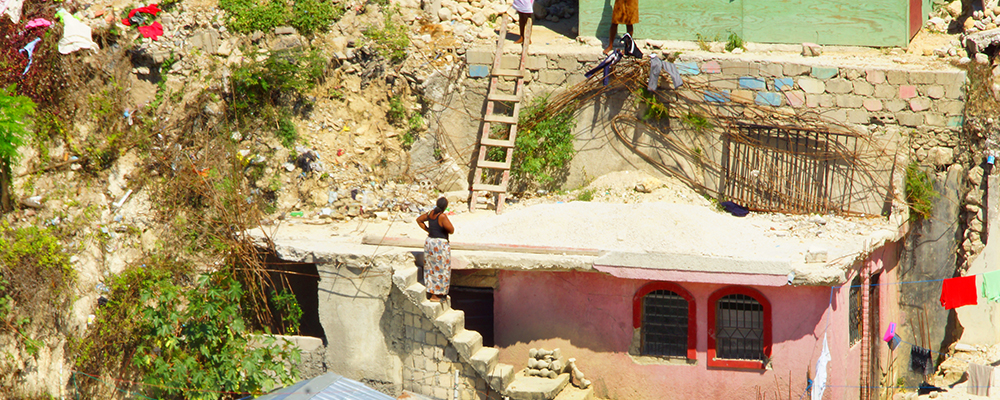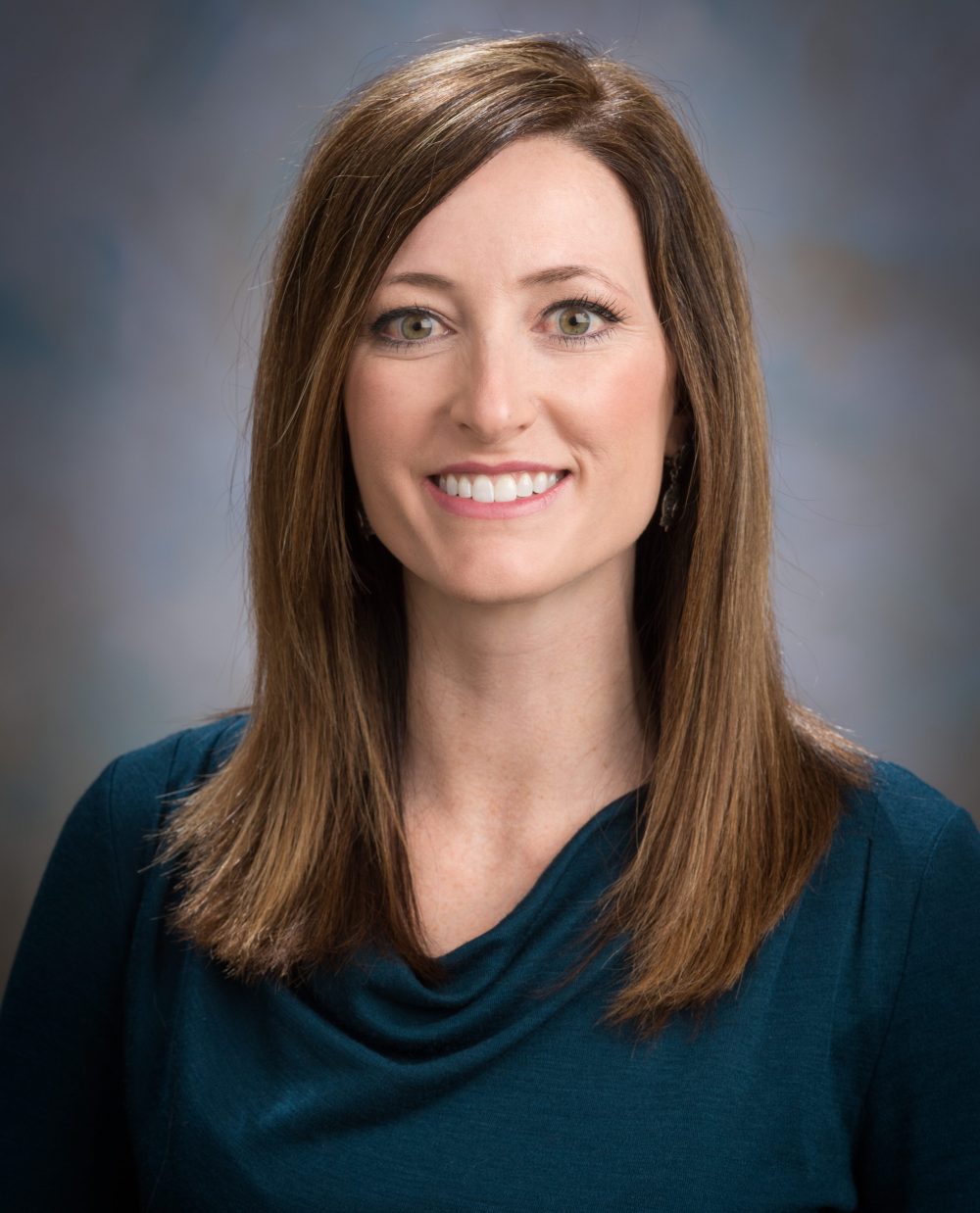The Vulnerability Bearers
This blog was originally published on the Natural Hazards Center’s website. I was recently at a gathering where a distinguished scientist was presenting on earthquakes. Midway through his slideshow, he shifted his focus from the seismic hazard faced by the world’s poor to the staggering death tolls that they still too often suffer. His explanation for the […]

This blog was originally published on the Natural Hazards Center’s website.
I was recently at a gathering where a distinguished scientist was presenting on earthquakes. Midway through his slideshow, he shifted his focus from the seismic hazard faced by the world’s poor to the staggering death tolls that they still too often suffer. His explanation for the disaster-related deaths?
Ignorance.
I left that event—one where there was no chance for questioning or open dialogue—deeply distressed. I have long associated a certain cruelty with the word ignorance, and it was especially painful to hear it used as a linguistic weapon meant to bludgeon billions of people who are living at risk.
The words that we use matter. They have the power to illuminate complex social processes. They can also readily obscure the truth.
This is exactly the point that the late Dick Krajeski—a beloved member of the hazards community who passed away in early December—often raised on the topic of vulnerable populations. Dick was known to remind those listening that we would be wise to refer to these people as vulnerability bearers. This subtle, yet powerful, shift in terminology conveys that those who often endure the most severe consequences of disasters are not fully in control of their fate, but instead are born into a radically unequal world where the most marginalized people are forced to bear the heaviest social and environmental burdens.
The vulnerability bearers are not ignorant of the risks and injustices that they face. There is plenty of available evidence, in fact, that shows that racial minorities, women, and the poor regularly report higher levels of risk perception when compared to those who are white, male, more educated, and earn higher-incomes.
It makes intuitive sense that socially disadvantaged people would express greater environmental concern. They perceive higher levels of risk because they are regularly exposed to the shocks and setbacks that come with living in hazardous environments. They know risk because it is in the toxic air they breathe, the soil under their feet, and the water that they and their children drink.
The vulnerability bearers who succumb to disasters die for many reasons. That is why a single explanation—ignorance—simply will not do. It dishonors the dead and disempowers the living.
People die in natural hazard events because of their exposure. This can vary as people move through their days and across geographic locations. But people also die because of economic inequality and generational poverty that traps families in shoddily built homes and children in unsafe schools. They die because of corporate greed and voter apathy. They die because of political calculations and climate change denialism. They die because of poor land use planning and a lack of building code adoption and enforcement. They die because they’ve been pushed into low-lying areas where rapidly disappearing land meets the dangerous sea. They die because of deep-rooted legacies of colonialism, slavery, and structural racism.
It is for these and many other reasons that anthropologist Anthony Oliver-Smith has implored us to place disasters in broader cultural and historical context. He writes convincingly of the “500-year earthquakes” that unfolded in Peru and Haiti.
Abstract social and economic processes can be difficult to explain, but their consequences are concrete. Offering a thorough account of why certain groups of people suffer disproportionately in disaster is complicated and can draw us into uncomfortable and politically fraught territory. But what choice do we have other than to use the power of our words in the face of mounting environmental threats? Our silence will not save us, so we may as well speak up.
Please take care of yourself and others.
